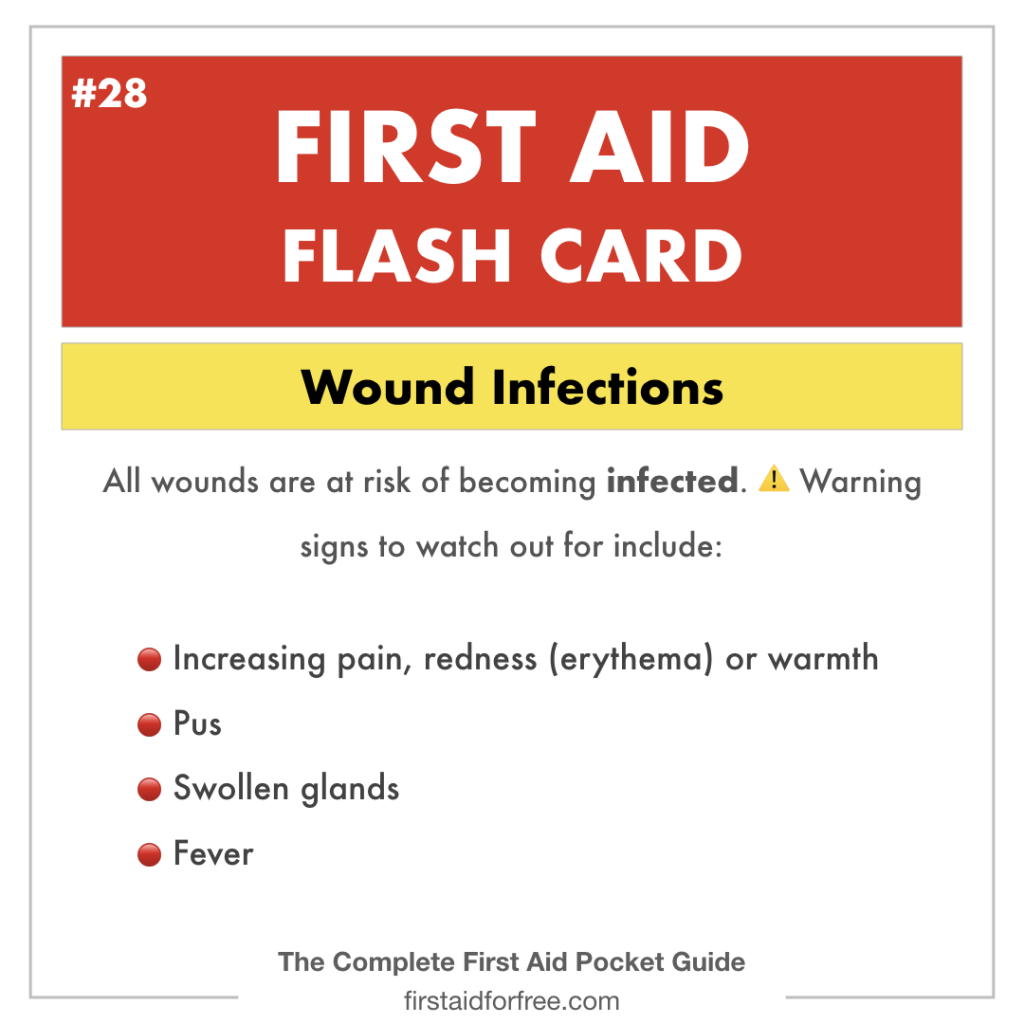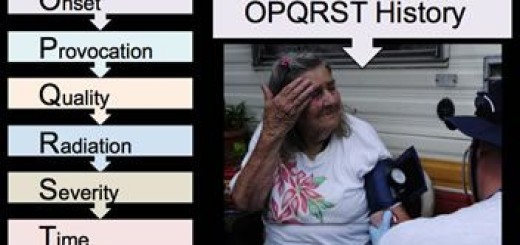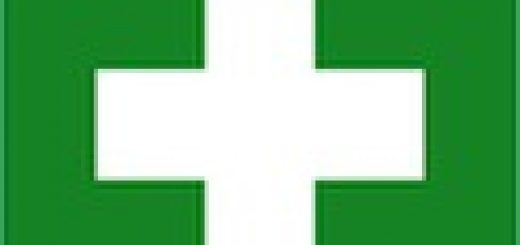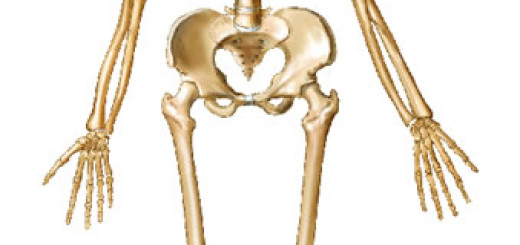First Aid for Cuts and Wounds
When treating open wounds it is important to protect both yourself and the patient from any risk of infection. The most likely source of contamination is body fluids – saliva, vomit or other secretions and, especially, blood.
Whenever possible, before treating a wound you should:
- wash your hands thoroughly, or use an antiseptic solution or spray
- cover any cuts or grazes of your own with plasters
- put on a pair of disposable gloves. If no gloves are available, clean plastic bags will substitute or, where appropriate, ask the patient to handle his or her own wound and dressings.
The Different Types of Wound
Grazes
In these superficial skin abrasions, the surface layer of skin is scraped off. The main first aid problem is the removal of embedded small particles, such as gravel or grit.
Incised wounds
These are clean cuts, as from a razor blade or knife. They may bleed profusely, and deep wounds may damage underlying tendons, nerves or blood vessels.
Lacerations
Crushing or ripping forces may produce tears in the skin and there is often damage to underlying tissues, and a high risk of infection.
Puncture or stab wounds
Although these may leave only a small entry wound, they carry a high risk of infection due to their depth. Stab wounds to the trunk may cause life-threatening damage to internal organs.
First Aid Steps for Cuts and Wounds
Provided there is no embedded object, apply direct pressure or a bandage with padding to stem the bleeding.
- Clean the wound with soap and water or antiseptic. Use cotton wool or gauze pads and use each one once only. Wipe from the wound outwards, to avoid contamination with bacteria from surrounding skin.
- If any particles in the wound do not come out with gentle washing, do not attempt to remove them.
- Apply a sterile dressing large enough to overlap the wound edges on all sides and, if necessary, put a bandage on top to hold it in place.
- If blood seeps through the dressing, apply a second one on top.
- With severe bleeding, call an ambulance and watch for signs of shock
Seeking medical advice
Always seek medical advice if you are concerned about a wound. In particular, the following wounds need professional medical attention:
- face wounds (possible scarring)
- cuts to the hands or feet (possible nerve or tendon damage)
- particles or embedded objects left in the wound
- deep or heavily contaminated wounds – the casualty may need a tetanus shot or wound closure
Wound Infections






